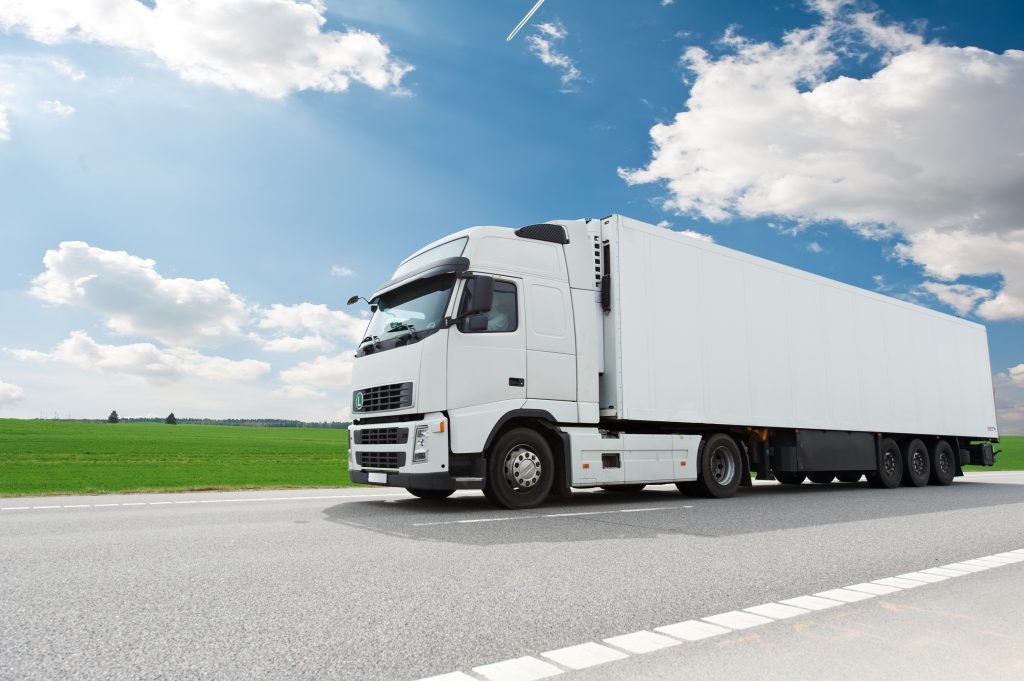IRU ‘Eco-truck’ Plan to Accelerate De-carbonisation
1st February 2021

IRU has renewed calls to promote the use of Eco-trucks to boost transport de-carbonisation, including harmonising rules for cross-border operations. This simple and cost effective measure could cut CO2 emissions by more than 13 billion tonnes between now and 2050.
Eco-trucks, which carry more goods than standard vehicle combinations, offer a quick and workable solution to meet ambitious decarbonisation targets. Two Eco-trucks carry the cargo of three standard trucks, instantly cutting the number of trucks on the road. Fuel consumption per tkm is reduced by up to 35%, considerably improving the environmental and economic efficiency of goods road transport.1
“The benefits of Eco-trucks are clear, with significantly lower CO2 emissions as well as higher efficiency and reduced costs,” said IRU Secretary General Umberto de Pretto. “The clue is in the name – Eco-trucks are ecological and economic.”
Replacing just 30% of the global truck fleet involved in regional and long haul operations with Eco-trucks would immediately cut CO2 emissions by 237 million tonnes annually.2 With goods road transport set to triple by 2050, this increases to 700 million tonnes annually by 2050. Over the next three decades, this would cut total CO2 emissions by up to 13.5 billion tonnes. By comparison, current total global man-made emissions stand at 36 billion tonnes annually.4 Although goods road transport emits only 2% of global emissions, the widespread use of Eco-trucks would have an enormous impact on the sector’s drive to decarbonise.
Greener multi-modal logistics
Ever greater volumes of goods are being moved by air, sea and rail, and every multi-modal operation involves road transport at some point. Given the continuously increasing capacity of container ships, cargo planes and freight trains, Eco-trucks are crucial to increase the efficiency and sustainability of multi-modal logistics as a whole. Modal shift will not do this.
Eco-trucks have only been operated in 18 countries so far, including Australia, Argentina, China, Mexico, South Africa, the USA and some EU countries – in all cases successfully. Their use worldwide however remains hampered by a lack of harmonised regulations and hence cross-border operations with Eco-trucks remain rare. With many governments yet to recognise their potential, IRU is calling on policymakers to unlock the full environmental and economic benefits of Eco-trucks by permitting and promoting their use for national and international operations.
“Governments are missing an opportunity to accelerate decarbonisation and support economic growth. The time to act is now,” concluded Umberto de Pretto.
IRU members adopted an Eco-truck position in November last year, as part of the industry’s efforts to drive decarbonisation, with a clear call to governments. An IRU Eco-trucks flyer is also available.

